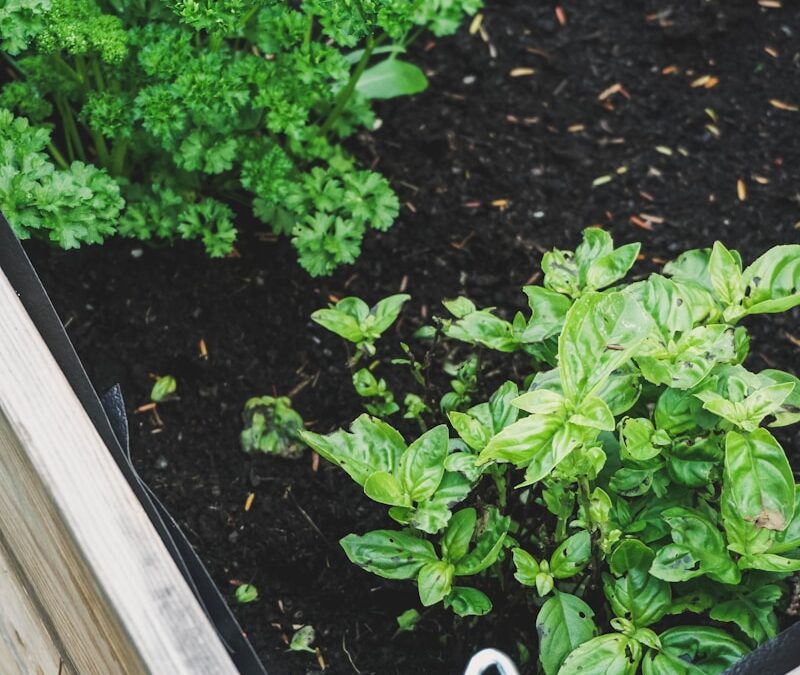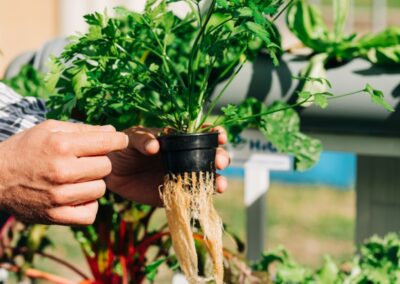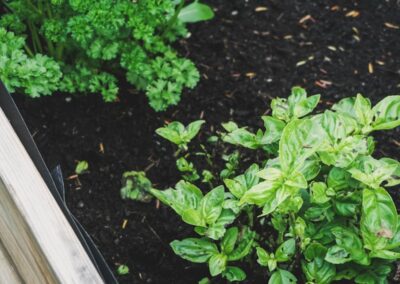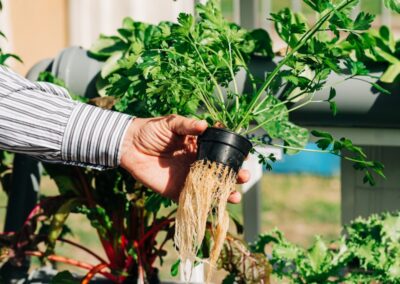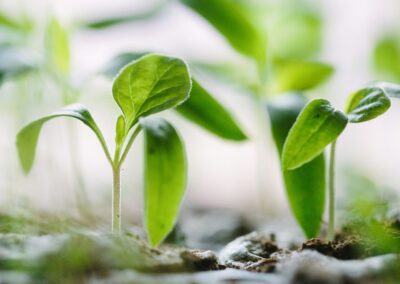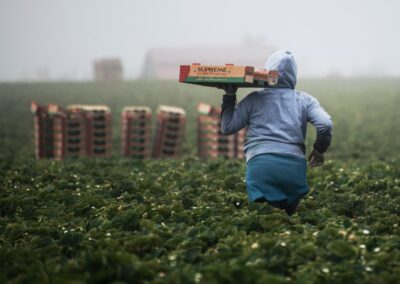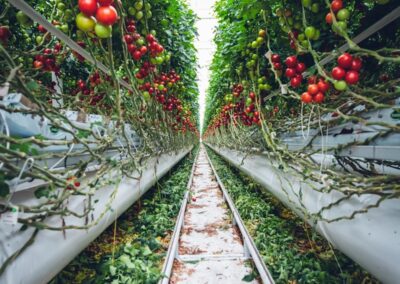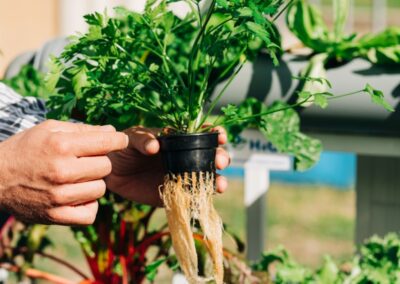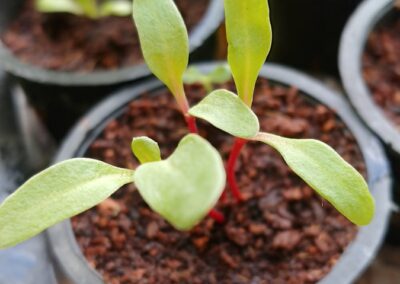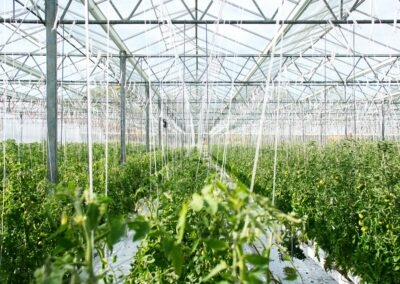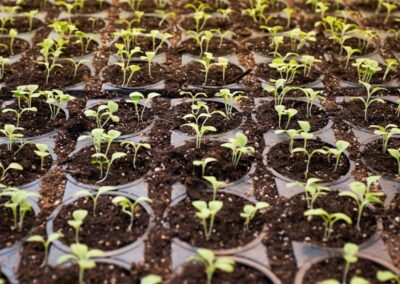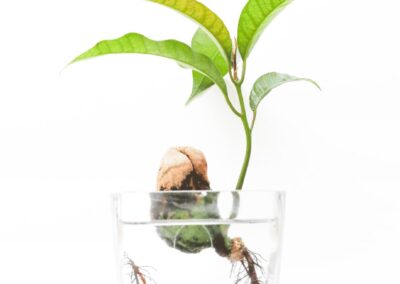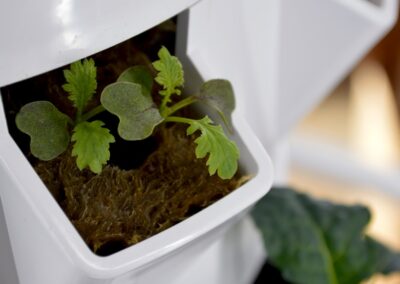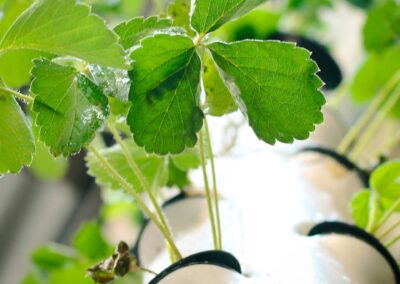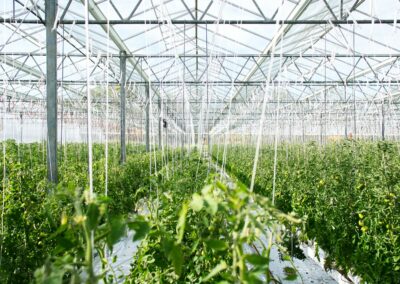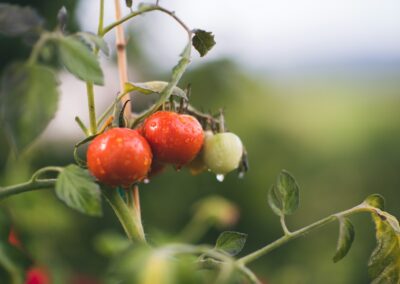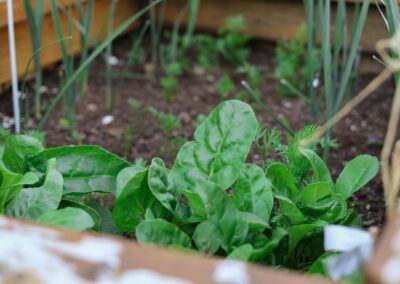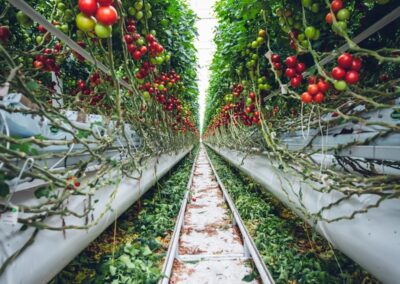Enhancing Local Food Production through Hydroponics
Urban Agriculture for Fresh Produce
Hydroponics, a method of growing plants without soil using nutrient-rich water solutions, has revolutionized urban agriculture by enabling the production of fresh produce in urban and peri-urban areas. This innovative approach is particularly beneficial for densely populated regions such as Riyadh and Dubai, where land scarcity and high urbanization present significant challenges for traditional farming methods. By utilizing vertical farming and controlled environment agriculture, hydroponics maximizes the use of available space, ensuring a consistent supply of fresh vegetables, fruits, and herbs. This local production reduces the need for long-distance transportation, decreasing the carbon footprint associated with food logistics and promoting sustainability.
Strengthening Local Food Networks
The integration of hydroponic systems into urban settings strengthens local food networks by creating a resilient and efficient supply chain. In cities across Saudi Arabia and the UAE, where the demand for fresh, high-quality produce is continually rising, hydroponics offers a reliable solution. Local food production ensures that communities have access to nutritious food year-round, regardless of external factors such as weather conditions or global supply chain disruptions. For business executives and entrepreneurs, investing in hydroponic farms represents a strategic move to meet local market demands, enhance food security, and contribute to the overall economic growth of the region.
Reducing Reliance on Long-Distance Transportation
One of the primary advantages of hydroponics is the reduction in reliance on long-distance transportation. Traditional agriculture often involves transporting produce over long distances, leading to increased greenhouse gas emissions and potential delays that affect food quality. By producing food closer to where it is consumed, hydroponics minimizes these issues. This not only benefits the environment but also ensures that consumers receive fresher, more nutrient-rich produce. For mid-level managers and entrepreneurs, this shift towards localized food production can lead to cost savings and improved customer satisfaction, driving business success in a competitive market.
Integrating Artificial Intelligence and Blockchain
The application of advanced technologies such as Artificial Intelligence (AI) and Blockchain in hydroponics further enhances the efficiency and transparency of local food systems. AI-driven sensors and monitoring systems optimize growing conditions by continuously adjusting variables such as light, temperature, and nutrient levels. This precision agriculture approach ensures maximum crop yield and quality. Blockchain technology, on the other hand, provides a secure and transparent ledger for tracking the entire lifecycle of the produce, from seed to table. This traceability builds consumer trust and supports food safety initiatives, making it a valuable tool for businesses aiming to differentiate themselves in the market.
Utilizing the Metaverse for Training and Collaboration
The Metaverse offers unique opportunities for training and collaboration in the hydroponics industry. Virtual reality (VR) and augmented reality (AR) platforms enable farmers, agricultural experts, and business leaders to share knowledge and best practices in an immersive environment. This virtual collaboration can enhance skill development, streamline operations, and foster innovation. For executives and mid-level managers, leveraging the Metaverse can lead to improved operational efficiency and a competitive edge in the rapidly evolving agricultural landscape. Additionally, these technologies can facilitate remote monitoring and management of hydroponic systems, ensuring optimal performance even in geographically dispersed locations.
Driving Business Success through Sustainable Practices
Adopting hydroponics aligns with global sustainability goals and corporate social responsibility (CSR) initiatives. Businesses that invest in sustainable agricultural practices not only contribute to environmental conservation but also enhance their brand reputation and market appeal. For entrepreneurs and business executives in Saudi Arabia, the UAE, Riyadh, and Dubai, hydroponics presents a lucrative opportunity to lead the way in sustainable food production. By reducing water usage, minimizing pesticide and fertilizer application, and lowering carbon emissions, hydroponics supports a more sustainable and resilient food system. This commitment to sustainability can attract environmentally conscious consumers and investors, driving long-term business success.
#Hydroponics #LocalFoodSystems #SustainableAgriculture #BusinessSuccess #AI #Blockchain #Metaverse #LeadershipSkills #ManagementConsulting #EffectiveCommunication #SaudiArabia #UAE #Riyadh #Dubai #ChangeManagement #ExecutiveCoaching

